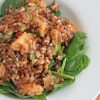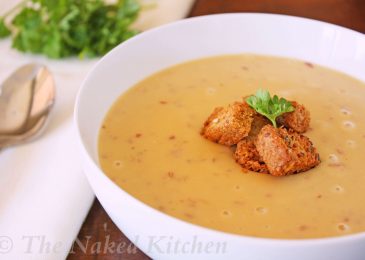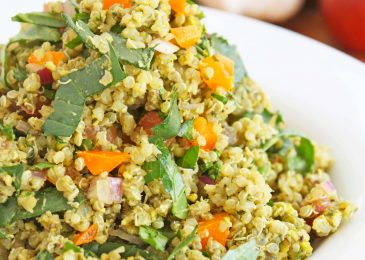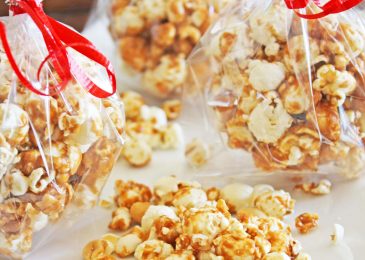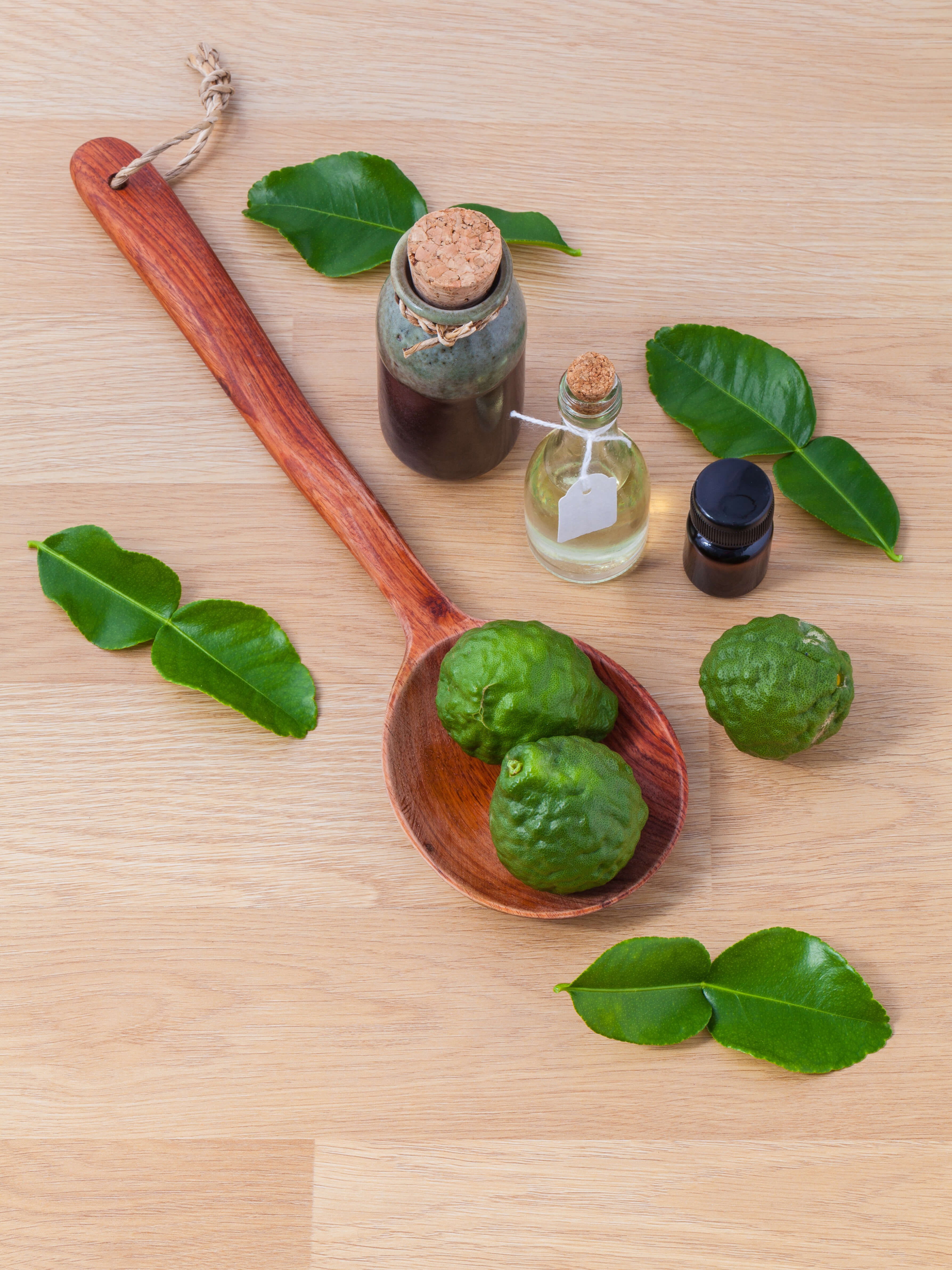
All That You need to Know About Essential Oils in Your Kitchen!
Essential Oils have been long recognized for their multiple health properties, and based on that, they are widely used in medicine and in the food industry. Yes! You can also use them in your kitchen. They can provide flavor, fragrance, food safety and are completely natural (Be careful of only using pure and organic essential oils).
Before becoming an expert in the use of these products in your kitchen, it is important that you know a little more about the topic. Let’s start!
An essential oil is defined as an “Odorous product, usually of complex composition, obtained from a botanically defined plant raw material by steam distillation, dry distillation, or a suitable mechanical process without heating”. Because they are a complex mixture of chemical substances (one hundred compounds on average) in high concentrations, every biological effect displayed by an essential oil is due to the actions of one or more of its constituents. It is important to know some compounds present in these oils may be protective, and others may be toxic and cause adverse side effects (poisoning from accidental overdose, as well as skin and oral reactions). However, do not be alarmed, most of the essential oils are safe (listed as GRAS by the FDA) and effective when are used properly. In spite of that, never forget to use 100% PURITY products and also to do your research about the PROPER DOSE, and all about the oil you would like to use. Although studies indicate that using essential oils in infants and children for topical use/diffusion are effective, it is not recommended that infants and children ingest these products. It is also not recommended during pregnancy.
What Essential Oils can be used in cooking?
Nowadays, approximately 3000 essential oils are known, of which only 10% are commercially important. These are some of the most used essential oils in the kitchen:

How to cook with Essential Oils?
Essential oils can be added during cooking, at the end of cooking or in the preparation of beverages, everything will depend on what you want! For example, if you want to use strong oils like rosemary, thyme and oregano, you can add them during cooking or baking to get a bland flavor. It is suggested to mix them in the oil that you are going to use to cook the food. However, it is generally recommended to add at the end of cooking or when the food has cooled.
An interesting thing is that if you add the oils at the end of cooking it is necessary to use less amounts compared to if you add them before/during cooking because these oils tend to be volatile and evaporate under heat. Besides, oil flavors tend to get stronger during longer food storage time. Therefore, if you are preparing something that needs to be stored for more than a day, it is best to add your essential oils an hour or two before consuming it. Do not forget that essential oils are very potent because they are concentrated; this means that just adding one or two drops (sometimes less) can create a LOT OF FLAVOR.
One of our favorite drinks prepared with essential oils is lemonade. Yes! You can prepare a healthy perfect lemonade using these products. Here we show you how:
It’s very easy to make, tastes, delicious and refreshing!
Equivalences of drops of essential oils in dried herbs
These wonderful oils should be used in much smaller quantities than the whole plant due their high concentration. Unfortunately, there is no rule for calculating the equivalence of an essential oil for their natural source. However, a general tip suggests that a drop can replace a teaspoon and you do not need more than two drops for a full recipe.
Nevertheless, these are some of the equivalences that other people have reported based on their experience!
Different factors directly affect the needed amount of essential oil in a recipe. Among the most important are the brand, how strong of flavor you want and how old the oil is.
Can cooking alter the effectiveness/flavor of Essential Oils?
This question is one of the main unknowns of the use of essential oils in the kitchen: does the temperature during cooking affect the properties of oils? Well, you can find different opinions about it.
Remember, essential oils are extracted using high temperatures (distillation) which separate/vaporize the oil components. However, once the solution has cooled back down, these components condense and become liquid again. Based on this, when we use essential oils during cooking, the temperature can cause the evaporation of them, which means that we smell them. If our goal is to use essential oils for aroma, then cooking is an advantage to increase its odor. Moreover, if we are using essential oils to obtain beneficial effects on our health, cooking affects its concentration in food and can sometimes affect its effectiveness.
Benefits of using Essential Oils in your kitchen!
Its use represents several practical, medical and safety benefits. For example, make it easy to keep herbs on hand for long periods of time and in small bottles we have an abundance of flavor! Also, their use decreases the preparation time of food. They also promote various health benefits such as anti-inflammatories, antifungal, spasmolytics, expectorants, decongestants, sedatives, calmings, among others. Due their antimicrobial property, they can promote longer shelf life of a food.
We invite you to begin using essential oils in your kitchen to start enjoying their wonderful benefits!
